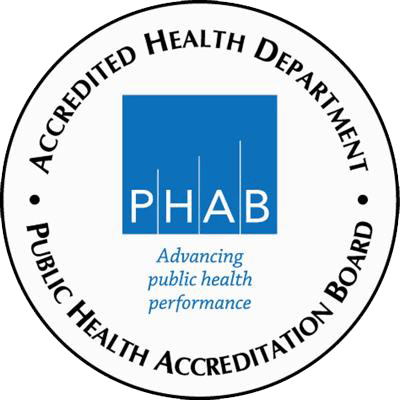Emergencies can happen at any time to anyone. Being prepared helps you to keep calm and be better able to respond to the emergency.
Some emergencies have an impact on the health of the community. These public health emergencies can result from communicable diseases (i.e. COVID-19, foodborne illness), man-made threats (i.e. anthrax, bridge collapse), or natural disaster (i.e. flooding, tornado, etc.).
Individual Preparedness
- Be informed
- Get Tech Ready
- Get Emergency Alerts To Your Phone
- Listen to NOAA Weather Radio or to commercial radio or television newscasts for the latest information
- Know the Siren sounds
- Create and review your family emergency plan
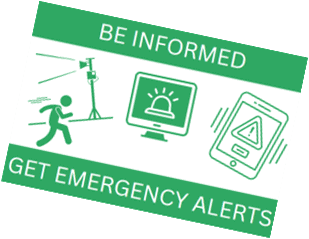
WCHD Preparedness
WCHD works collaboratively with other local emergency preparedness and response agencies to prepare to provide important services to county residents and visitors during an emergency.
WCHD prepares for emergencies through the development, exercising, evaluation of an all hazards emergency operations plan (EOP). WCHD is also engaged in several local planning and response groups including the Northwest Illinois Preparedness and Response Coalition and the Local Emergency Planning Committee.
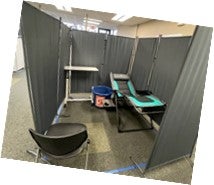
Volunteers
Volunteers make a difference in the community, especially in times of public health emergencies. WCHD coordinates the Winnebago County Medical Reserve Corps (MRC) volunteers to assist with emergency response. Click here to learn more about volunteering with the MRC.
- If you have questions about the MRC, email mrc@publichealth.wincoil.gov
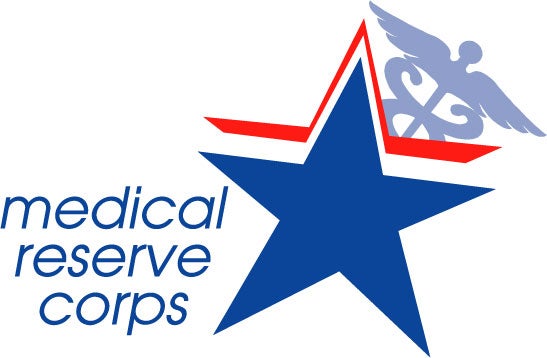
WCHD, Here When You Need Us
- Monitors for potential health concerns
- Works to provide guidance to the community to protect yourselves, protect those around you, and ensure access to community healthcare systems.
- Works collaboratively with other local agencies to provide important services to county residents and visitors during an emergency
- Works to identify the source of health outbreaks such as a foodborne illness
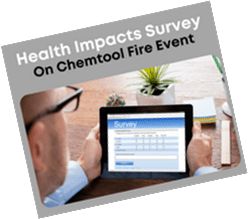
Recent Large Public Health Emergencies Responses:
- Chemtool Fire in Rockton, IL
- Residents were asked to mask in 3 mile or the fire and evacuate in 1 mile of the fire. WCHD worked with State and Federal partners to support residents at shelters to ensure access to needed medications and to assess the safety of the area based on laboratory samples to determine when residents could return to their homes. WCHD continued to work with our state and federal partners to evaluate and monitor the community for health conditions after the fire.
- Global Pandemic of COVID-19:
- Monitored conditions locally, communicated current prevention recommendations, help support hospitals to ensure capacity, assured access to services in our community including vaccination and treatment.

